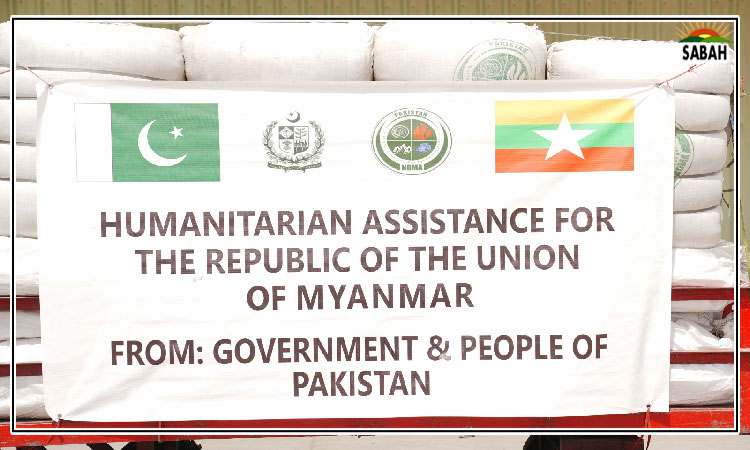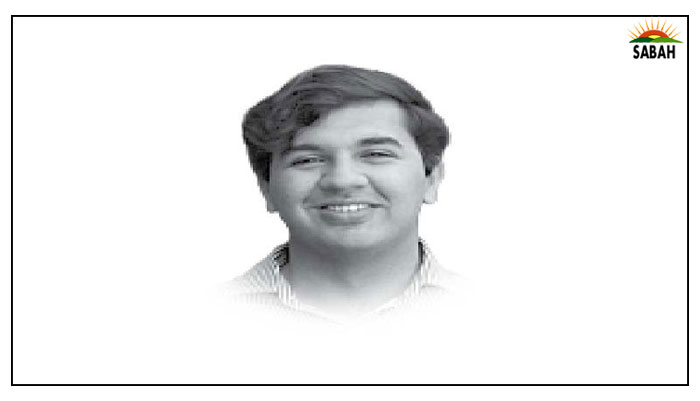Is Pakistan failing its public school students? …. Faaiz Gilani
While scrolling through my X (formerly Twitter) feed, a video posted by Shehzad Roy, a renowned singer-turned-social worker, caught my attention and instantly became the highlight of my day. The short clip featured two contrasting scenes. Initially, it portrayed the frenzy surrounding admissions to top prestigious schools, with an ironic moment where a pregnant woman’s concern about her unborn child’s schooling was met with the response: “You’re too late for those schools.” This scene sheds light on the intense competition and demand for admission to elite private institutions in the country, where parents feel left behind even before their child is born. However, the narrative takes a turn as Roy then introduces Aleena, a student from a public school who secured second place in a chess competition against students from elite private schools. The powerful juxtaposition conveyed a resounding message: with proper resources and support, children from public schools can excel and outperform their privileged counterparts any day.
As Pakistan’s population surges and resources dwindle, the education prospects for the next generation hang in the balance. With the nation’s economic despair looming large, parents are forced to navigate a minefield of uncertainty when selecting schools for their children. Even for those who manage to overcome financial hurdles, the fierce competition for limited seats turns the admissions process into a pressure cooker of stress for both parents and children. Is this the price you must pay for a decent education?
The harsh reality is that public schools often fall short of the standards set by their private counterparts, tapped into a vicious cycle of inadequate funding and crumbling infrastructure. But why do public schools remain stigmatised in the eyes of society? The persuasive negative stereotypes surrounding government schools paint a picture of a stark divide, fueled by an elitist mentality that questions the intellect and commitment to those who walk through their gates.
Yet, during my volunteer experience teaching class 6 at Harsukh — a school in Lahore dedicated to the education of the underprivileged — I witnessed a level of passion and dedication in my students that defied all expectations. Those young minds, despite facing obstacles that most of us cannot fathom, displayed a resilience that left me in awe. Their parents, too, remained fiercely committed to their children’s education, recognising it as a beacon of hope for a bright future. When Aleena, a public school student in the video, secured second place in a chess competition against private school participants, it was a moment that demanded celebration and challenged the very foundations of our preconceived notions.
However, the systematic barriers that prevent the majority from showcasing their talents are not limited to the school gates. The exorbitant event fees charged by universities and colleges for competitions and social events serve as yet another reminder of how the scales are tilted in favour of the privileged few. As someone who managed the registration department of one of the largest science societies at a top Pakistani educational institution, I witnessed first-hand the stark contrast between private schools sending droves of students to compete for trophies and public schools backing out due to prohibitive costs. How can we claim to foster meritocracy when the playing field is so uneven?
The path forward demands a collective awakening, a recognition that the potential for greatness lies within every child regardless of the school they attended. It is time for us to channel our resources and energy into uplifting public schools, providing them with the funding, infrastructure and support they so desperately need. It is time for us to shatter the stereotypes that have held us back for far too long and celebrate the achievements of students from all walks of life. Only then can we hope to build a future where education is not a privilege reserved for a select few, but a fundamental right accessible to all.
Courtesy The Express Tribune, May 18th, 2024.











